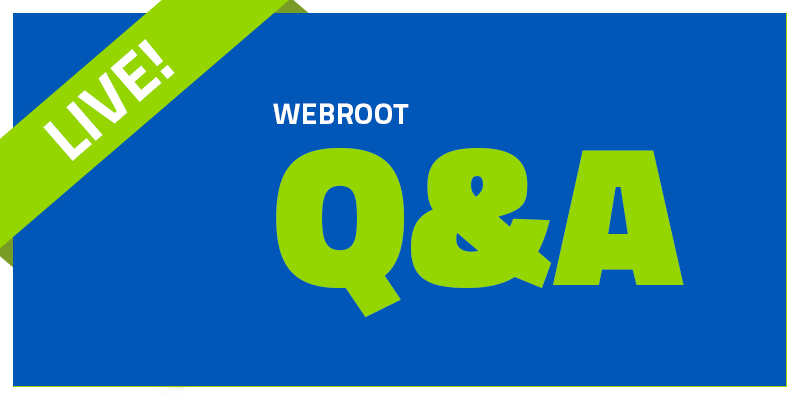See any stories that catch your interest? What would you like to see in the future? Let us know in the comments below!
[b]@JosephRi, don't be shy and ask away! We'll try and get to all of your questions as fast as we can within the next 30 mins while Joe is here. We'll be sure to go through previous threads and answer as many of those comments too.
See the full Q&A here.
_____________________________________________________
Android/BondPath: A Mature Spyware
We have recently stumbled on several active samples of an Android spyware. They belong to a family we have named BondPath (also known as PathCall or Dingwe), which was first reported in May 2016. While our customers have been protected against that malware since 2016, in July 2018 we discovered that some samples are still in the wild and continue to be a threat to unprotected smartphones.
This malware poses as a Google Play Store Services application. The fact that it is signed by the unknown developer hola should be the first clue to raise an alert.
See the full article here.
____________________________________________________
Expect an increase in browser privacy and security warnings
Internet users will soon experience an increase in privacy and security warnings displayed by the web browsers that they use to connect to Internet sites.
Users of Google Chrome will see an increase in "Your connection is not private" security messages and users of Mozilla Firefox will receive more "Warning: Potential Security Risk Ahead" warnings in the browser.
Google, Mozilla and other browser makers revealed plans to distrust all certificates issued by Symantec in web browsers in 2017. Several certificates were issued in the past that did not comply with industry standards and investigation in the matter revealed that "Symantec had entrusted several organizations with the ability to issue certificates without the appropriate or necessary oversight".
See the full article here.
_____________________________________________________
Adblocking and browser privacy can be bypassed, researchers find
Virtually every desktop browser and adblocker can have its ad-tracking privacy or security bypassed by at least one software technique, a new study has found.
Researchers from the Catholic University in Leuven devised a framework to test the effectiveness of protections offered by the Chrome, Firefox, Safari, Opera, Edge, Tor, and Cliqz desktop browsers to a range of potential bypass mechanisms (mobile products weren’t tested).
In addition, 46 leading third-party extensions and blockers (AdBlock, AdGuard and Ghostery, et al) were pitted against the same bypasses, which included HTML tags, response headers, redirects, the AppCache and Service Worker APIs, JavaScript, and even browser PDF viewers.
See the full article here.
_____________________________________________________
See what people have been saying about us
- "This is the best product I purchased for my electronics."
- "I have used many different protection software and I had some many issues, we starting using Webroot at work and was pleased so I installed it in my home computer."
- "The most trouble-free Internet Security program I have ever used during the last 20 years. It does it's job in the background without snags, and it does not slow down my computer's performance, which is important. Several other products I have tried affects PC performance in a bad way, but not Webroot SecureAnywhere."



